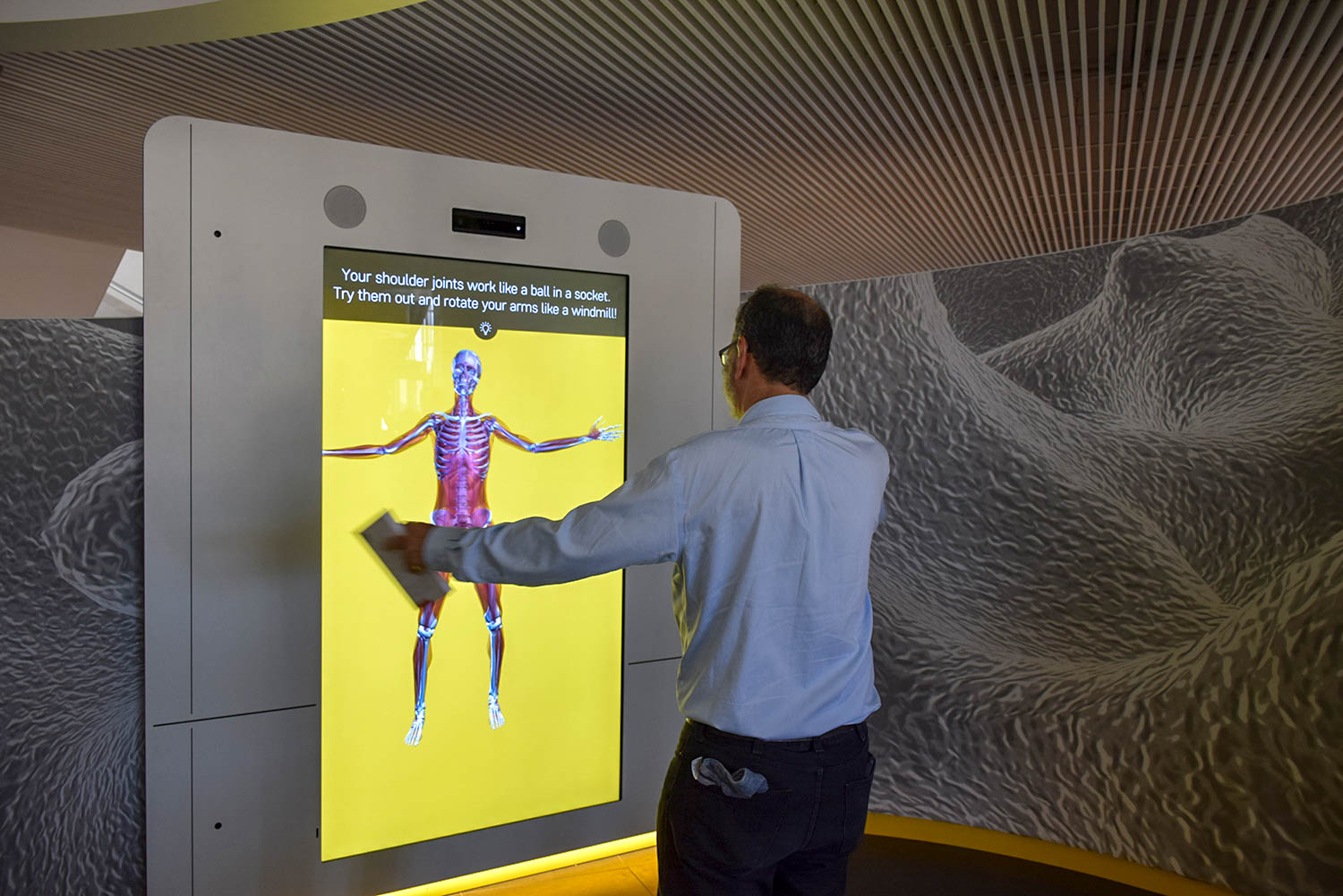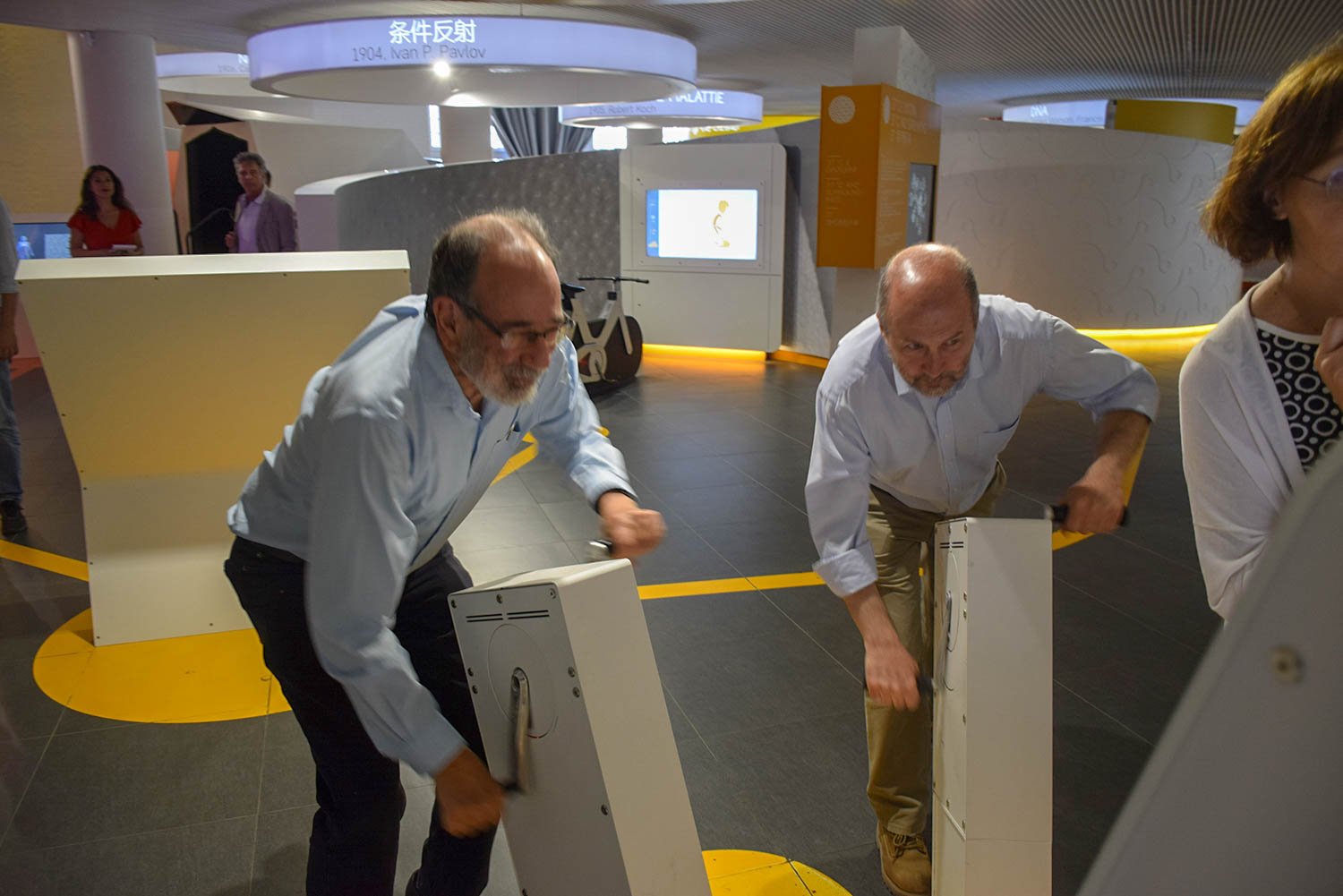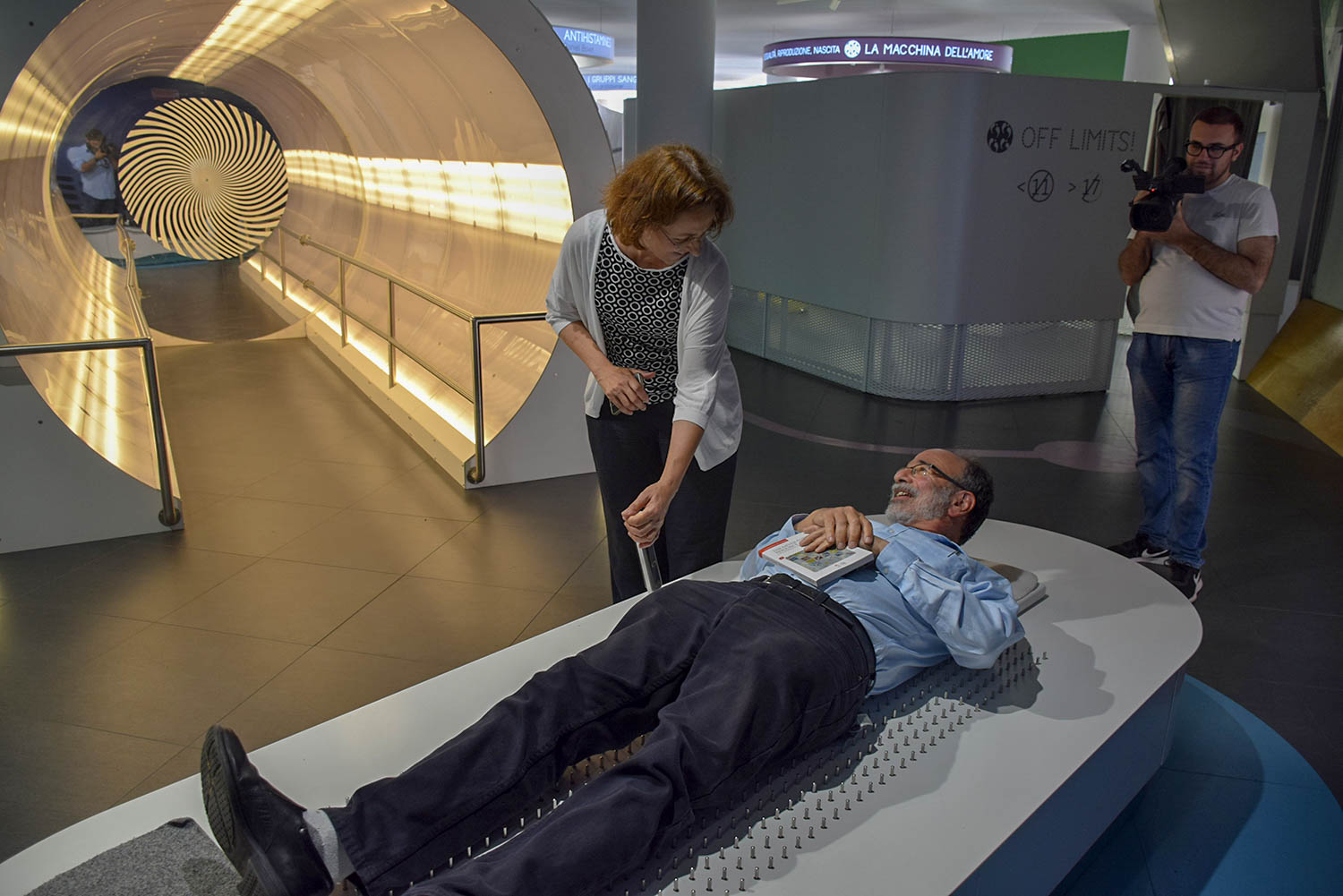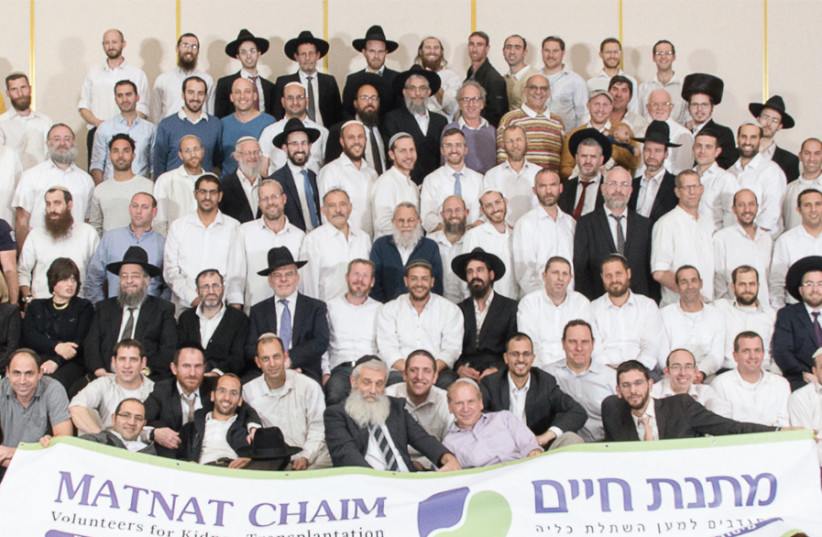During the Arab oil embargo of the U.S. in 1973, I remember hearing an oil broker discuss his day. He would cold call companies that used oil and ask if they had any to sell. Almost always he was told they were looking to buy oil, because their usual suppliers had gone dry. He'd write that down and go on to the next call. Sometimes he'd find someone with oil to sell--maybe the general economic slowdown had reduced their consumption, but since they were normally buyers and not sellers they hadn't sold their surplus. That kept the broker in business, he was able to help them sell their excess.
When well-established supply chains break down (e.g. as factories close in China and hospitals in NY are short of supplies, both because of the covid-19 pandemic), brokers are becoming important. Brokers work to piece together pieces of broken supply chains by connecting buyers and sellers. Even in times of shortages there can be sellers, with stock in their warehouses, who no longer have connection to buyers...
The NY Times has the story:
Marc Benioff’s $25 Million Blitz to Buy Protective Gear From China
A call from a university chancellor set in motion a private-sector effort to procure 50 million masks, gowns and swabs for American medical facilities.
By David Gelles
"The university’s usual suppliers in the United States were short on masks and face shields, and there was no sign that the State of California or the federal government was coming to the rescue. “The supply chain had really dried up,” Mr. Hawgood said.
"So Mr. Hawgood called Marc Benioff, the hyperconnected billionaire who is a founder and the chief executive of Salesforce.
...
"that phone call set off a frenzied effort by Mr. Benioff and his team that drew in major companies like FedEx, Walmart, Uber and Alibaba. In a matter of weeks, the team spent more than $25 million to procure more than 50 million pieces of protective equipment. Fifteen million units have already been delivered to hospitals, medical facilities and states, and more are on the way.
"The relative ease with which Salesforce acquired so much protective gear stands in sharp contrast to the often chaotic government efforts. While states have had to compete against one another for scarce supplies and the strategic national stockpile of protective gear is depleted, Mr. Benioff and his team simply called up their business partners in China and started writing checks.
...
"After Mr. Benioff got off the call with Mr. Hawgood on that Thursday, he called Daniel Zhang, chief executive of Alibaba, the enormous e-commerce marketplace. Last year, Salesforce and Alibaba announced a partnership meant to give Salesforce customers better access to the Chinese market, and teams from the two companies had been working closely.
...
"In San Francisco, Mr. Aytay and his team decided to buy only from companies that someone they knew well could personally vouch for. “Setting up a trust network was very important,” Mr. Aytay said.
"By March 22, the Salesforce team identified the first promising tip. The Jointown Pharmaceutical Group, a large Chinese company, had 500,000 surgical masks in a warehouse in Los Angeles."
*************
Of course there are perils in dealing with unusual suppliers, so the broker has to be reliable and have reliable connections. After all, what could go wrong?
Buzzfeed news has the story:
After One Tweet To President Trump, This Man Got $69 Million From New York For Ventilators
The Silicon Valley engineer, who had no background in medical supplies but was recommended by the White House, never delivered the ventilators.
When well-established supply chains break down (e.g. as factories close in China and hospitals in NY are short of supplies, both because of the covid-19 pandemic), brokers are becoming important. Brokers work to piece together pieces of broken supply chains by connecting buyers and sellers. Even in times of shortages there can be sellers, with stock in their warehouses, who no longer have connection to buyers...
The NY Times has the story:
Marc Benioff’s $25 Million Blitz to Buy Protective Gear From China
A call from a university chancellor set in motion a private-sector effort to procure 50 million masks, gowns and swabs for American medical facilities.
By David Gelles
"The university’s usual suppliers in the United States were short on masks and face shields, and there was no sign that the State of California or the federal government was coming to the rescue. “The supply chain had really dried up,” Mr. Hawgood said.
"So Mr. Hawgood called Marc Benioff, the hyperconnected billionaire who is a founder and the chief executive of Salesforce.
...
"that phone call set off a frenzied effort by Mr. Benioff and his team that drew in major companies like FedEx, Walmart, Uber and Alibaba. In a matter of weeks, the team spent more than $25 million to procure more than 50 million pieces of protective equipment. Fifteen million units have already been delivered to hospitals, medical facilities and states, and more are on the way.
"The relative ease with which Salesforce acquired so much protective gear stands in sharp contrast to the often chaotic government efforts. While states have had to compete against one another for scarce supplies and the strategic national stockpile of protective gear is depleted, Mr. Benioff and his team simply called up their business partners in China and started writing checks.
...
"After Mr. Benioff got off the call with Mr. Hawgood on that Thursday, he called Daniel Zhang, chief executive of Alibaba, the enormous e-commerce marketplace. Last year, Salesforce and Alibaba announced a partnership meant to give Salesforce customers better access to the Chinese market, and teams from the two companies had been working closely.
...
"In San Francisco, Mr. Aytay and his team decided to buy only from companies that someone they knew well could personally vouch for. “Setting up a trust network was very important,” Mr. Aytay said.
"By March 22, the Salesforce team identified the first promising tip. The Jointown Pharmaceutical Group, a large Chinese company, had 500,000 surgical masks in a warehouse in Los Angeles."
*************
Of course there are perils in dealing with unusual suppliers, so the broker has to be reliable and have reliable connections. After all, what could go wrong?
Buzzfeed news has the story:
After One Tweet To President Trump, This Man Got $69 Million From New York For Ventilators
The Silicon Valley engineer, who had no background in medical supplies but was recommended by the White House, never delivered the ventilators.








